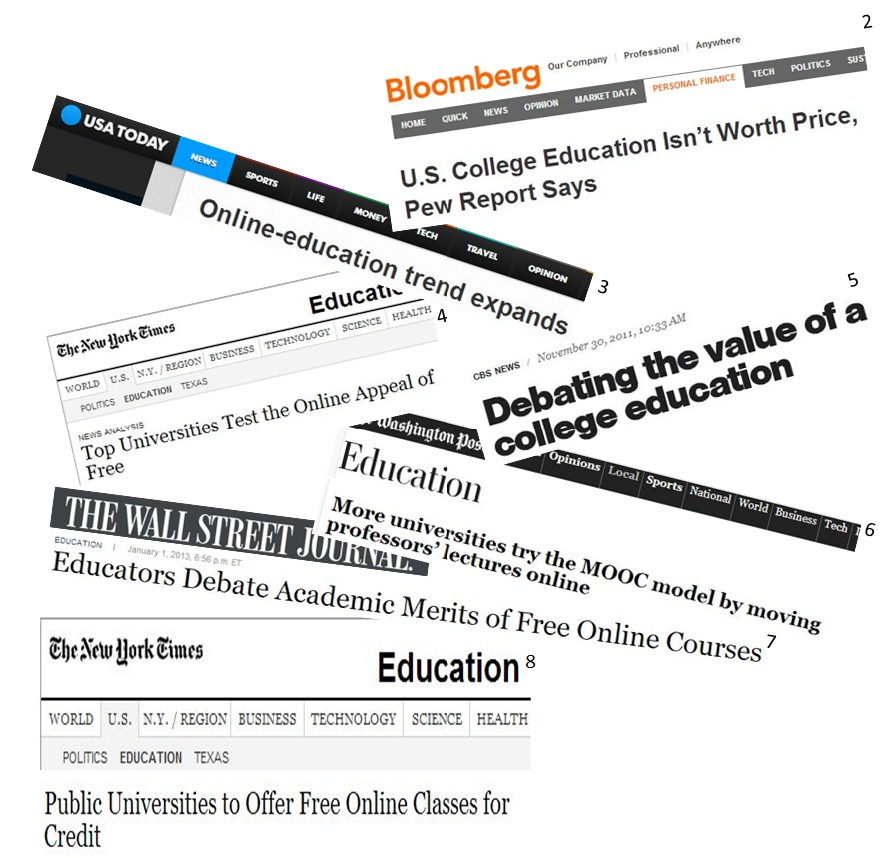SCALE-UP in the Computer Science Core

Over the past decades, pedagogical research shows that actively learning students obtain higher levels of achievement than students learning passively [Johnson, 1991; Felder, 1998; Springer]. Modern STEM classrooms have been responding to the observation that traditional passive lectures are often the least educational aspect of university. The growing volume and accessibility of digital content including reading material, free on-line lecture content, youtube videos, TED talks, and so forth from world-class thinkers and educators is making the traditional passive lecture increasingly obsolete. Universities must respond to these changes in order to serve their mission. One solution to these problems are Active/Cooperative (ACL) strategies such as the Student-Centered Active Learning Environment for Undergraduate Programs (SCALE-UP) Project [Beichner et al. 1999; Beichner et al. 2007; http://www.ncsu.edu/per/scaleup.html]. In the SCALE-UP classroom, “lecture” time is spent primarily on hands-on activities, questions and discussion of work completed/viewed prior to the lecture period. In this project, we will introduce new SCALE-UP classroom and develop SCALE-UP alternatives to our entire current introductory core in computing. Secondly, we will design, develop, or adopt the tools, abstractions, materials, and learning experiences to enable computing students to thrive in the SCALE-UP approach. Prior SCALE-UP research deals principally with barriers in the physical sciences. This project will extend this to work to identify and overcome barriers in computing education. Over the course of the proposed work, courses will be developed for initial effectiveness, improved based upon assessed effectiveness, and then packaged into modules for dissemination. Finally, we will evaluate the effectiveness of the revised delivery of the core content using techniques such as observational rubrics, surveys, peer assessment, and formative assessment forms. This evaluation will give us the information that we need to improve our courses, materials, and faculty as well as the information necessary to publish our results and help others adopt similar successful techniques.